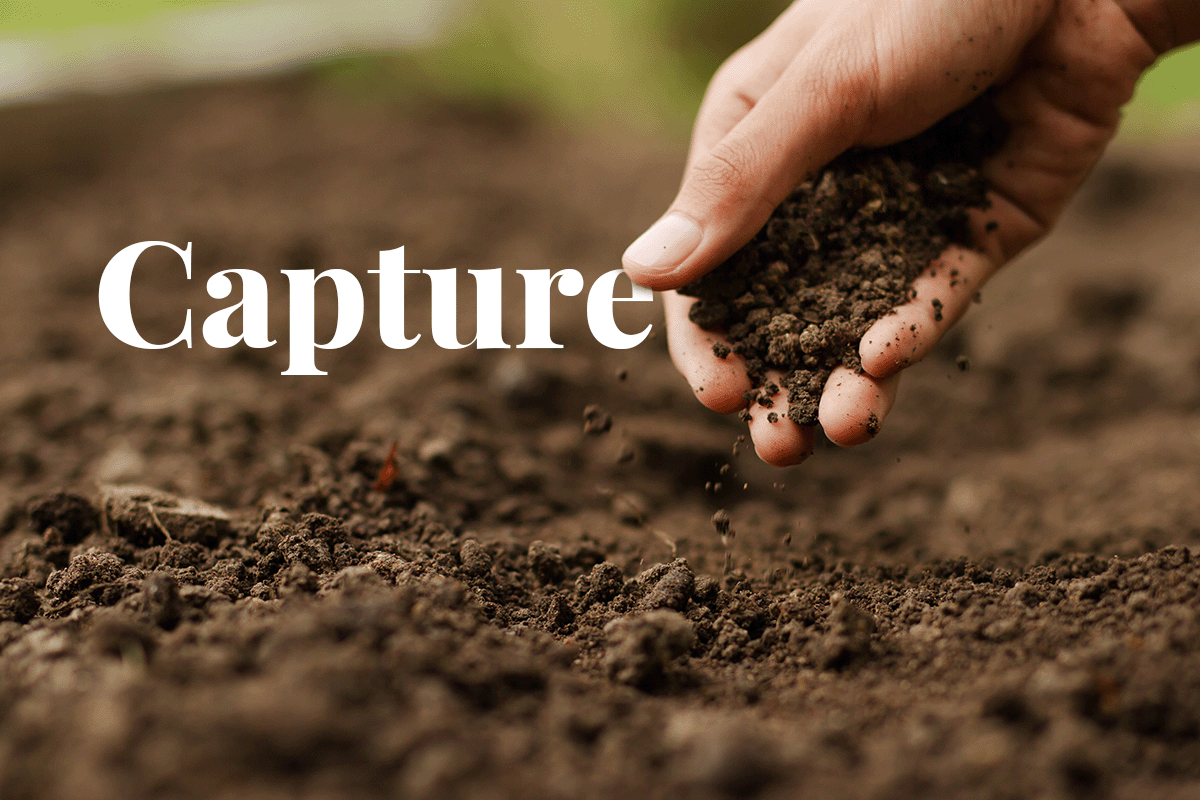Carbon farming startup Loam Bio has recently closed a Series B funding round, raising $73 million to improve the ability of soil to capture carbon. Co-led by Lowercarbon Capital and Wollemi Capital, the funding will be used to expand Loam Bio's seed coating technology that supercharges plants' ability to capture and store carbon in the soil.

What is Loam Bio?
Loam Bio is a startup that specialises in boosting soil's ability to store carbon through microbiology. It has also launched its CarbonBuilder seed inoculum and SecondCrop carbon tools in Australia. The company harnesses the power of microbiology to improve the quality and quantity of soil carbon capture. Its goal is to create value for agriculture while helping to prevent nature and biodiversity loss.
How does CarbonBuilder work?
Loam Bio coats seeds with its CarbonBuilder fungal before sowing them. The coating supercharges plants' ability to store carbon in the soil. The CarbonBuilder is unique as it targets the hard-to-decompose carbon, known as recalcitrant carbon. This type of carbon is more stable and does not break down easily. As the seed germinates, microbes bind the carbon dioxide (CO2) with macroaggregates in the soil, converting the carbon into a much stabler form that can keep in the ground for a long time.
What is SecondCrop?
Alongside CarbonBuilder, Loam Bio is also launching SecondCrop carbon project options. The goal is to boost the economic viability and transparency of the company's carbon farming approach. SecondCrop removes the upfront costs that carbon markets usually require. Loam also works directly with farmers to measure soil carbon and register with the carbon scheme.
The company states that, ‘By removing the risks of upfront costs, not [being able to build] soil carbon, and access to skilled support to manage the project, farmers are able to integrate carbon building into their existing farming system. Loam's SecondCrop carbon project options are designed to remove these barriers for farmers and encourage increased participation in carbon farming.’
What are the benefits of carbon farming?
Carbon farming is a practice that captures carbon in the soil, thereby reducing carbon emissions. Though capturing carbon through the soil won't be enough to remove what's already in the air, it is still an essential practice that reduces carbon emissions. In addition, carbon farming practices give farmers the potential to turn their farms' carbon sequestration into cash with carbon credits. Each tonne of CO2 sequestered is awarded one carbon credit.
Find out more about carbon farming
What's next for Loam Bio?
Loam Bio plans to use the funding to expand its technology testing in new geographies like Canada and Brazil this year. It will focus on the major crops grown specifically in those places. Currently, Loam Bio works with a limited number of Australian farmers to boost soil carbon capture. It plans to reach the commercialisation stage in the US in 2024.
Conclusion
Loam Bio's innovative CarbonBuilder seed inoculum and SecondCrop carbon tools provide a promising solution to reduce carbon emissions and improve the quality and quantity of soil carbon capture. With its recent funding, it can expand its operations and help farmers adopt sustainable carbon farming practices, which can benefit both the environment and their bottom line.
Contact us to start a project on your land



